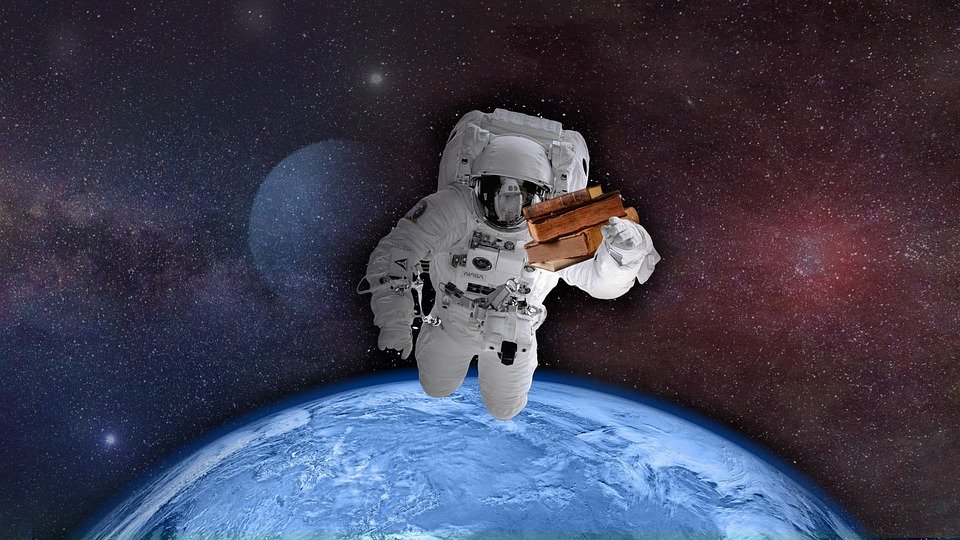Digital Ownership Revolution: NFTs and the Future of game Assets
Introduction
In recent years, the digital ownership landscape has undergone a significant revolution with the emergence of Non-Fungible Tokens (NFTs). NFTs have gained widespread attention and popularity, particularly in the world of gaming, where they are transforming the way game assets are owned, traded, and valued. This article explores the concept of NFTs, their impact on the gaming industry, and the future of game assets in the digital ownership revolution.
What are NFTs?
NFTs are unique digital tokens that represent ownership or proof of authenticity of a specific item or asset. Unlike cryptocurrencies such as Bitcoin or Ethereum, which are fungible and can be exchanged on a one-to-one basis, NFTs are unique and indivisible. Each NFT has a distinctive value and can represent various forms of digital assets, including artwork, music, collectibles, and game items.
The Rise of NFTs in Gaming
The gaming industry has been quick to embrace NFTs, as they offer several advantages for both game developers and players. NFTs enable players to truly own their in-game assets, allowing them to buy, sell, and trade items outside of the game’s ecosystem. This newfound ownership empowers players, as they can now monetize their virtual possessions and potentially earn real-world value.
Furthermore, NFTs enhance the value of game assets by providing provable scarcity and uniqueness. Previously, game developers could create an unlimited number of virtual items, leading to a lack of scarcity and diminishing the perceived value of these assets. With NFTs, developers can limit the supply of certain assets, making them more valuable and desirable for players.
The Future of Game Assets
The adoption of NFTs in gaming opens up exciting possibilities for the future of game assets. The digital ownership revolution allows for cross-game compatibility, where players can use their NFTs across multiple games. This interoperability enables players to carry their virtual items from one game to another, creating a seamless and personalized gaming experience.
Moreover, NFTs pave the way for player-driven economies within games. With true ownership of assets, players can establish their own marketplaces, setting their prices and trading with other players directly. This decentralized economy gives players more control and autonomy over their virtual possessions, encouraging creativity and entrepreneurship within the gaming community.
Additionally, NFTs can protect the value of game assets over time. Unlike traditional games where assets can become obsolete or lost when a game shuts down, NFTs ensure that players retain ownership and value even if a game ceases to exist. This longevity and transferability of assets provide players with a sense of security and investment in their virtual collections.
FAQs
Q: How do NFTs work?
A: NFTs are created on blockchain platforms, such as Ethereum, which provide a decentralized and secure environment for ownership records. Each NFT is assigned a unique identifier that verifies its authenticity and ownership. This information is stored on the blockchain, making it immutable and transparent.
Q: Can NFTs be copied or replicated?
A: While the content of an NFT can be copied, the actual ownership and authenticity of the asset are embedded within the blockchain. Therefore, even if someone replicates the content, they cannot claim ownership or transfer the true NFT.
Q: Are NFTs only for gamers?
A: No, NFTs have applications beyond gaming. They can be used to represent ownership of digital artwork, music, virtual real estate, and more. The gaming industry has been at the forefront of NFT adoption, but other industries are also exploring the potential of NFTs.
Q: Are NFTs environmentally friendly?
A: The environmental impact of NFTs is a subject of debate. Currently, most NFTs are created on the Ethereum blockchain, which relies on energy-intensive mining operations. However, there are ongoing efforts to develop more eco-friendly blockchain solutions for NFT creation and ownership.
Conclusion
The digital ownership revolution brought by NFTs is reshaping the gaming industry and the future of game assets. NFTs empower players by allowing them to truly own their virtual possessions and participate in player-driven economies. The interoperability of NFTs across games and the longevity of assets offer new possibilities for personalized gaming experiences and investment opportunities. While there are challenges to overcome, such as environmental concerns, the potential for NFTs to revolutionize digital ownership is undeniable.

